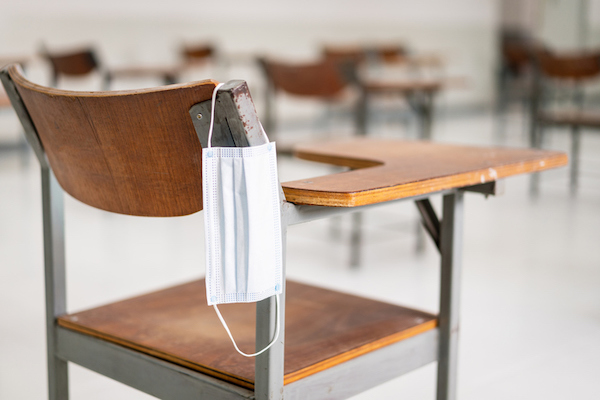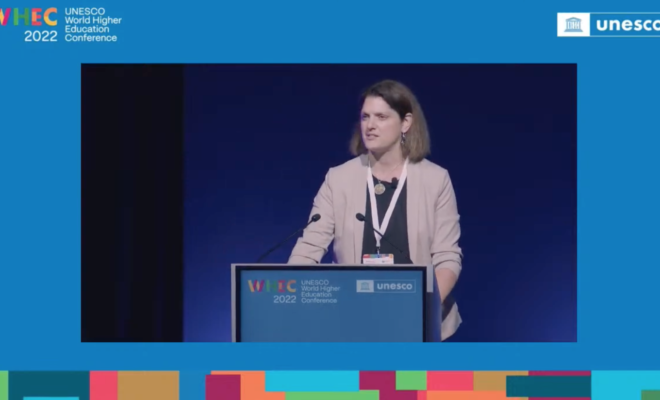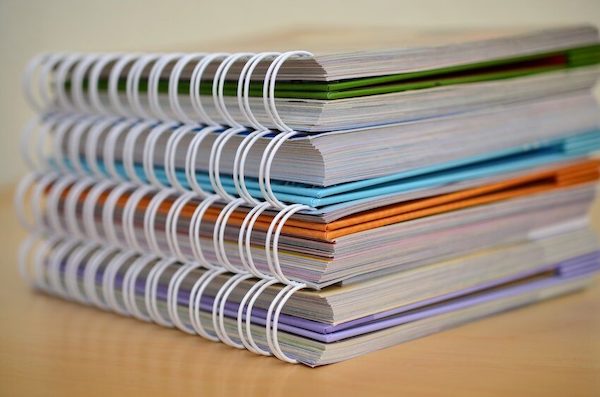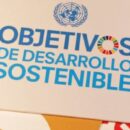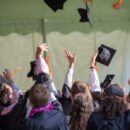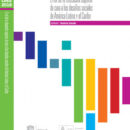UNESCO IESALC will provide technical assistance to strengthen virtual higher education in Peru
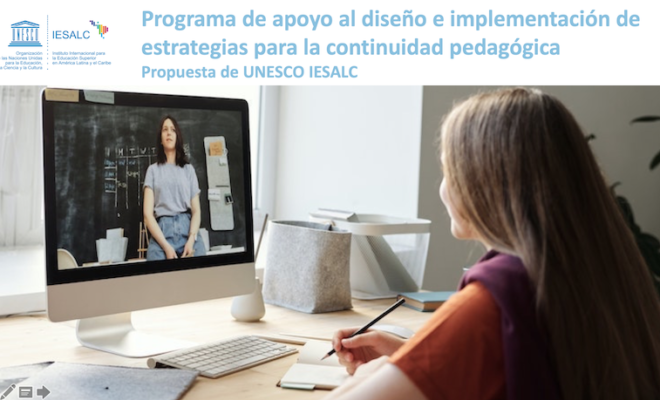
- The UNESCO Institute specialized in higher education was selected, through an open call by the Ministry of Education of Peru and the Inter-American Development Bank, to support the educational continuity of 13 of the 52 of that country’s public universities.
- The program designed by IESALC will directly benefit 6,250 teachers, 44,525 students and more than a hundred technicians.
- The pilot plan, initially scheduled to be carried out in five months, could later be implemented in other countries in the region.
The 7th of August marked the beginning of the Program to support the design and implementation of strategies for the continuity of the higher educational services in the public universities of Peru with a first meeting of the team of professionals selected by the UNESCO International Institute for Higher Education in Latin America and the Caribbean (IESALC) in charge of giving support to 13 public universities in Peru. This program is part of the call made by the Ministry of Education’s (Minedu) Programa para la Mejora de la Calidad y Pertinencia de los Servicios de Educación Superior Universitaria y Tecnológica a Nivel Nacional (PMESUT) (Program for the Improvement of the Quality and Relevance of Higher University and Technological Education Services on a National Level), with the financial support of the Inter-American Development Bank.
The PMESUT arises from the need to provide pedagogical continuity to higher education’s public services during the crisis caused by COVID-19, and seeks to strengthen virtual higher education in Peru. Like Colombia, Peru is one of the countries most affected by the closure of universities because there are regulations in these countries that restrict the number of online courses that can be offered per career.
“The strategy program designed by the IESALC aims to contribute to the development of capacities in a sustainable way, taking the reality of the public universities we will work with as a starting point, and respecting their diversity. This initiative is framed within the context of the closure of higher education institutions (HEI) due to COVID-19, which has brought about an abrupt entry into a new era of learning that requires digital transformation, incorporating technologies into the teaching and learning processes and requiring changes in the capacities and abilities to develop these processes”, said Francesc Pedró, director of IESALC and leader of the program.
In its initial phase, this program contemplates a diagnosis of each university to determine the capacities, know the processes, and design, together with each institution, the transition towards the adoption of the most suitable digital model for each educational ecosystem. In order to achieve this it is necessary to have knowledge of its pedagogical tools, its level of technical support for its operation, and its access to connectivity.
The second phase of the IESALC strategy program includes the implementation of training courses aimed at promoting the development of teaching skills. It seeks to positively impact teaching, improving teaching and learning processes and generating a culture favorable to quality improvement which will ultimately benefit the student. “This work will be carried out in conjunction with the university staff in order to impact without imposing, taking into account the professor’s possibilities. At UNESCO we understand that effective distance education requires the configuration of a learning community that supports teachers and students, not only in regard to teaching, but also with co-curricular participation and other social mechanisms that include the generation of a culture of incentives and recognition, and also with self-regulation on the part of students, that will lead them to a stage of maturity, independence and commitment necessary for this new mode of teaching and learning”, said Pedró.
On the other hand, the participation of UNESCO IESALC in this Program will allow the further development of the Institute’s own capacities in this field, generating programs, services and training modules that could be adapted to be reused in other institutions and countries.
The Program’s academic coordinator by IESALC, Yuma Inzolia, explains that the program seeks to achieve a degree of maturity of the HEI, working from the profiles of teachers and students, the experience in online teaching, as well as the equipment and available connectivity; taking into account the socioeconomic extraction of students, and what sort of equipment and connectivity they have. In this way, the technological needs and the most recommended methodologies can be determined. This stage of technical support includes assistance to teachers to adapt courses to distance education, and support to technical staff to ensure the proper functioning of the platform and of all the essential services to guarantee pedagogical continuity.
For UNESCO IESALC this abrupt entry into distance education is a unique opportunity to rethink traditional designs of higher education and move towards hybridization: a balance between the advantages of the simultaneous presence of students and teachers in a physical classroom, laboratory or workshop, alongside online work and cooperative learning mediated by technology and in favor of the much-needed transformation of higher education for the sake of better quality and equity.
RELATED ITEMS
